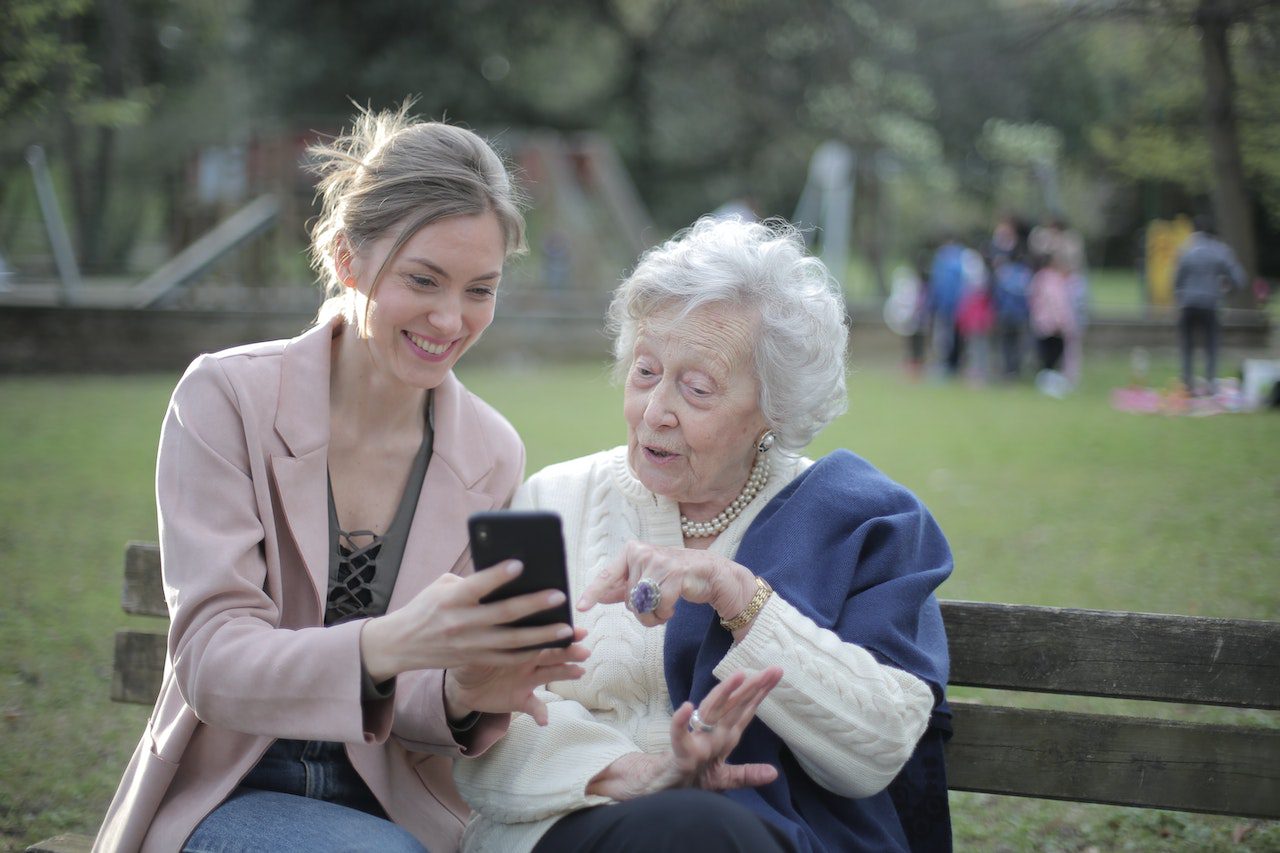You can’t always be there. But we can.
Caring for a Loved One with Dementia

Finding the Right Home Care in Los Angeles
March 2, 2023
How to Schedule Rehab After Surgery for Elderly Parents
June 9, 2023Caring for a Loved One with Dementia
Tips for Providing Dementia Care at Home

Dementia is a degenerative disease that affects memory, thinking, and behavior. It can be devastating for both the person with dementia and family members. However, with proper preparation and support, it is possible to provide quality
dementia care at home before the disease reaches advanced stages.
Understanding Dementia
Before we dive into how to care for a loved one with dementia, it’s important to understand the disease itself. There are several types of dementia, including Alzheimer’s disease, vascular dementia, and Lewy body dementia. Each type of dementia has its symptoms and progression. Your parent’s medical professional can provide details about their diagnosis, how the condition might progress, and referrals for accessing dementia care at home.
The early stages of dementia may include forgetfulness, confusion, and difficulty completing familiar tasks. In addition, individuals may experience mood swings, agitation, and even aggression as the disease progresses. However, it’s important to remember that these behaviors are not intentional and are a result of the disease.
Dementia Caregiver Tips for Preparing the Home
Before deciding to provide dementia care at home, it’s essential to assess your parent’s needs and abilities. This step will help you create a safe, comfortable home environment that meets their needs. Some things to consider include:
- Mobility: Will your loved one need assistance getting around the house? Will they need modifications made to the home (such as handrails or wheelchair ramps) to make it easier for them to move around?
- Safety: Are there any potential hazards in the home (such as sharp corners or loose rugs) that could cause injury? Will your loved one need around-the-clock supervision to ensure their safety?
- Activities of Daily Living: Will your loved one need assistance with bathing, dressing, and toileting? If the disease is in the early stages, could they benefit from routine companionship and social interactions?
Once you’ve identified your loved one’s present needs and understand what they may require in the future, you can start modifying the home and enlisting other family members, friends, and professional caregivers to help.
Caregiver Tips for Dementia Care
Establishing a routine is beneficial for individuals with dementia. A daily structure that includes regular mealtimes, activities, and rest periods can help reduce confusion and anxiety.
Helping with daily living activities is also important in providing dementia home care. Activities may include helping with bathing, dressing, preparing healthy meals, and toileting. Again, it’s important to be patient and understanding, as these tasks may be difficult for your loved one.
Managing behavioral and mood changes can also be challenging. Experienced dementia caregivers agree the best tip for dealing with agitation or aggression is to remain calm and reassuring. Redirecting their attention to a different activity or providing a comforting touch may help.
Tips for Communicating with Your Loved One

Communication can be difficult for individuals with dementia. However, there are strategies that those providing care at home can use to communicate effectively:
- Use simple language: Avoid using complex sentences or unfamiliar words.
- Maintain eye contact: This can help your loved one feel more engaged in the conversation.
- Be patient: Give your loved one time to process what you’re saying and respond.
- Use nonverbal cues: Gestures and facial expressions can help reinforce what you’re saying.
It’s also important to remember that your loved one may not remember recent events or conversations but prefers to talk about their childhood or decades-old events.
Tips for Dementia Caregiver Self-Care
Caring for someone with dementia can be emotionally and physically exhausting. It’s important to prioritize your health and well-being. Some strategies for self-care include:
- Taking breaks: Take time to recharge by going for a short walk outside or reading a book.
- Managing stress: Stress can have a negative impact on your health. Try to find healthy ways to manage your stress, such as meditation or yoga.
- Practicing self-compassion: Remember that providing dementia care at home is a difficult job, and it’s okay to reach out to family members, friends, or professionals for support.
Professional Dementia Care at Home Can Help
Caring for a loved one with dementia can be challenging, but it’s also rewarding. Remember, you are helping your loved one maintain their independence and dignity by providing quality care at home. When the time comes that you want more support to care for your parents, contact 1Heart Caregivers. Our complete listing of senior care services can be found on our website.
